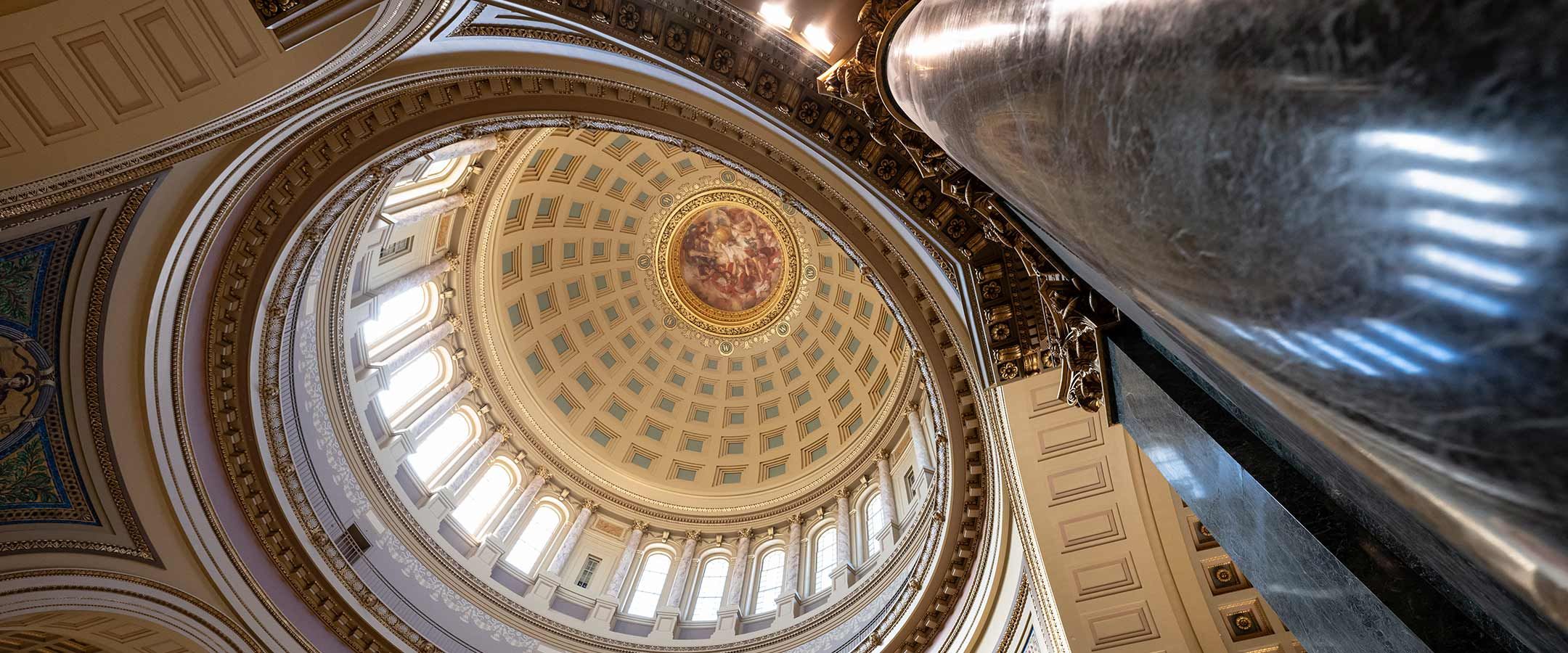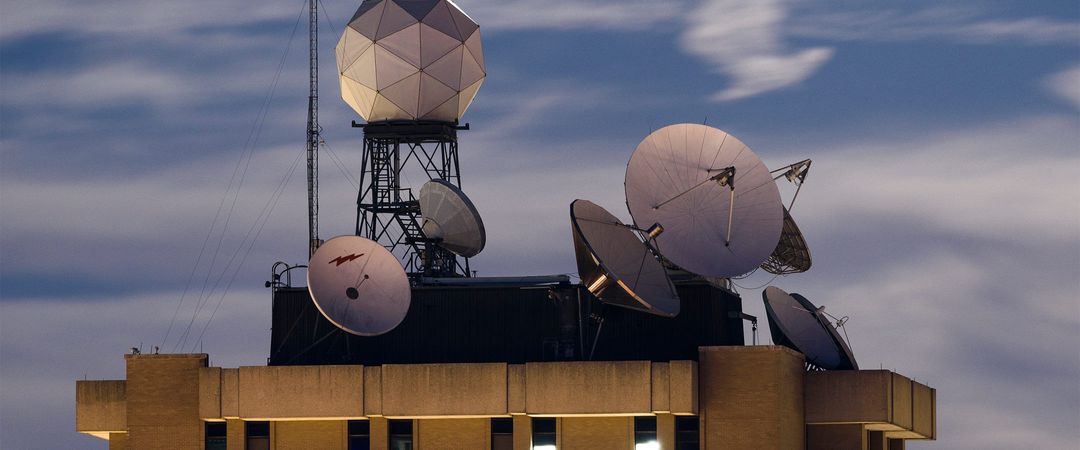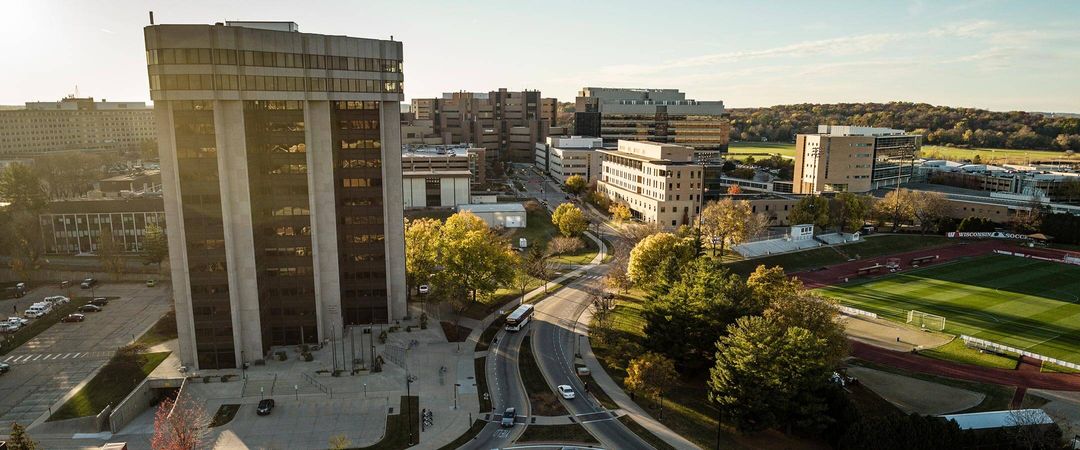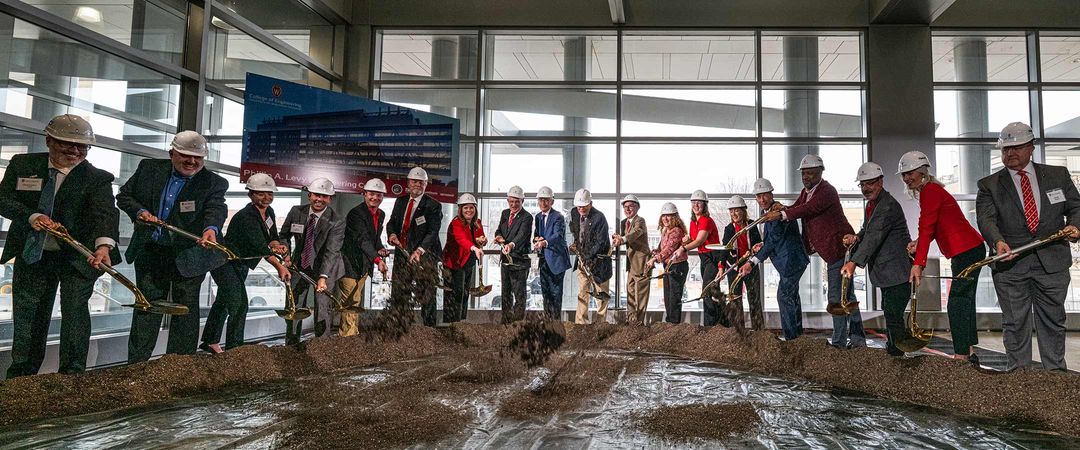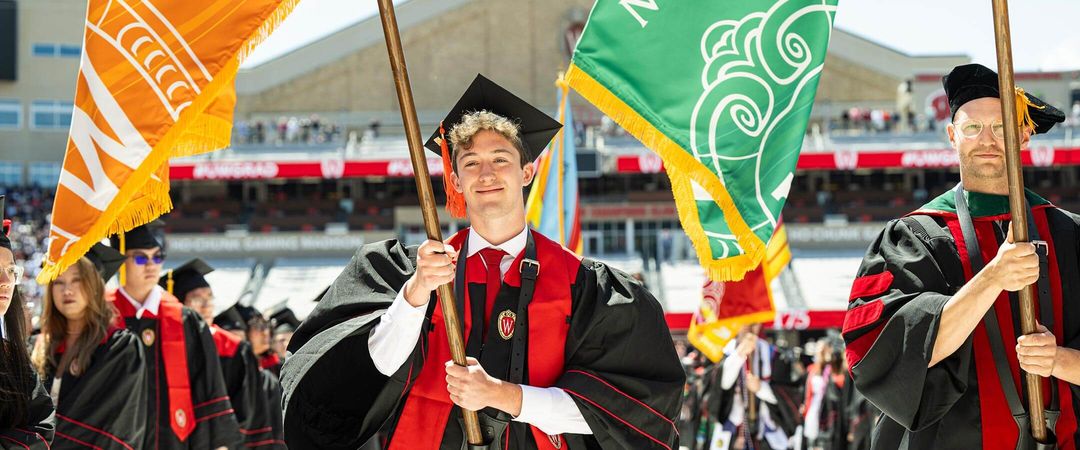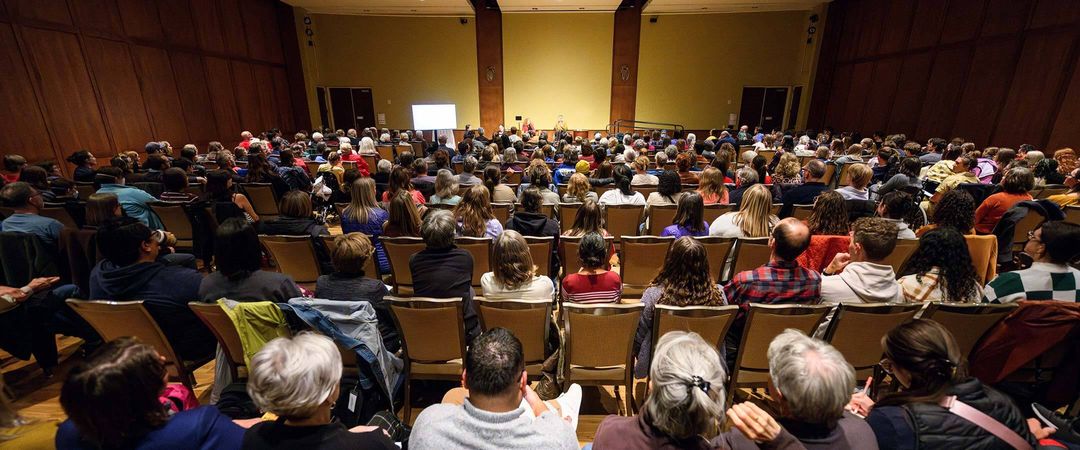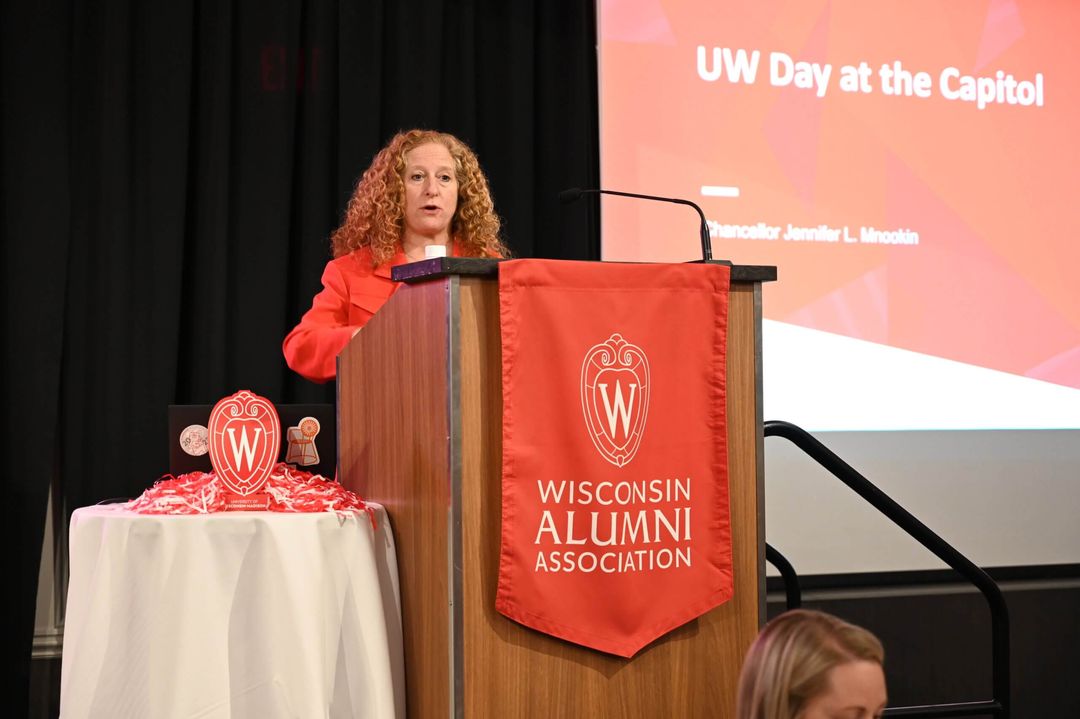What happened?
Wisconsin Governor Tony Evers ’73, MS’76, PhD’86 introduced his 2025–27 state budget proposal in February. Since that announcement, there has been a lot of activity, including four public hearings around the state and a first vote from lawmakers to cut Evers’s spending plan and remove nonfiscal items from the budget. Some key updates:
- State fiscal condition: According to a report from the bipartisan legislative fiscal bureau, the state budget surplus at the end of the 2024 fiscal year (June 30, 2025) will be $4.3 billion, because of increased income and sales tax collections. Although a surplus is a positive development for the state, it is only one-time money, and there is no guarantee that funds will stay the same in future years. The governor has advocated for putting the surplus into education, whereas Republicans say those funds should be returned to residents via tax cuts. The surplus, and the decisions on how to spend it will drive a large part of the budget debate in the coming months.
- Prison reform: In his budget, the governor proposed $550 million in new funds to reorganize the state prison system. Although there is bipartisan agreement that reform is necessary, the governor’s proposal has received mixed reviews from Republican legislators. Discussion and debate on prison reform will take a significant amount of time and effort this budget year.
- Support for local communities: Every year, the legislature debates state funding for local units of government, particularly K–12 school districts. In the last budget debate, Republican and Democratic leaders settled on a shared revenue agreement that specifically helped the city and county of Milwaukee navigate financial challenges, and increased state support for most municipalities. In that same budget, Governor Evers made a controversial line-item veto that increased the cap on annual K–12 budgets for 400 years. Although the Wisconsin Supreme Court recently ruled that the veto was constitutional, issues related to school funding will be a major area of discussion this year.
- Nonfiscal items: Recently, the budget-writing Joint Committee on Finance voted to remove nonfiscal items from the budget, insisting that the budget should focus on fiscal items only. Nonfiscal items have been removed from the budget, on a bipartisan basis, every budget cycle for years. Items that were removed may be considered in separate legislation.
What does this mean for the UW–Madison?
Although none of these budget developments directly impact UW–Madison, the debate over these items ultimately has an impact on how much money the state raises and spends over the two-year budget cycle, and that number does impact the university. UW–Madison and Universities of Wisconsin leaders have advocated for increased state aid for higher education in Wisconsin, as well as full funding of the faculty and staff compensation plan to attract and retain top employees.
What’s next?
By law, the state is required to pass a biennial budget by June 30. If elected officials fail to meet that deadline, state funding will continue based on the 2023–25 budget. Because of this provision, state budget debates often extend into the summer and early fall.
Stay informed on the budget activities by visiting the Wisconsin Alumni Association advocacy page and the UW–Madison budget website.
